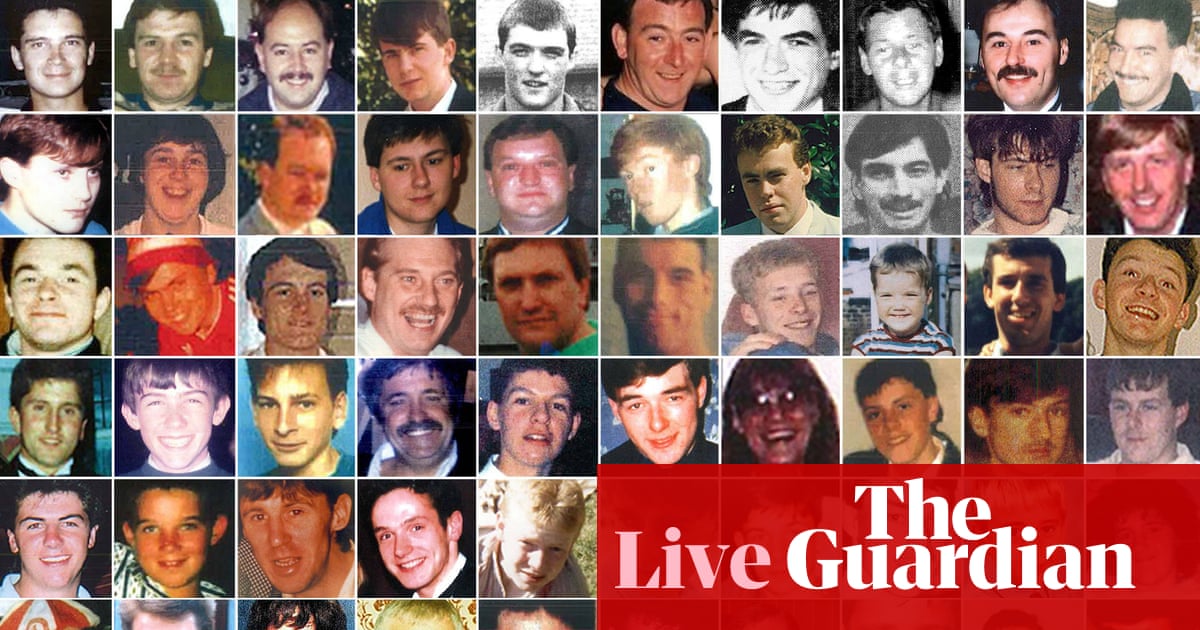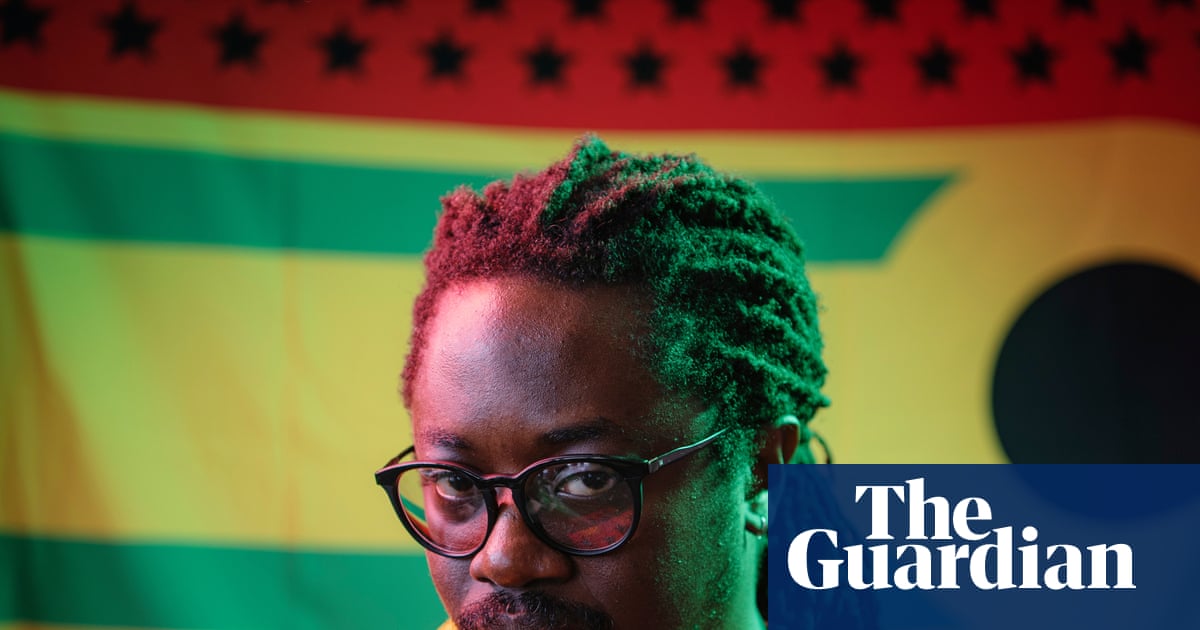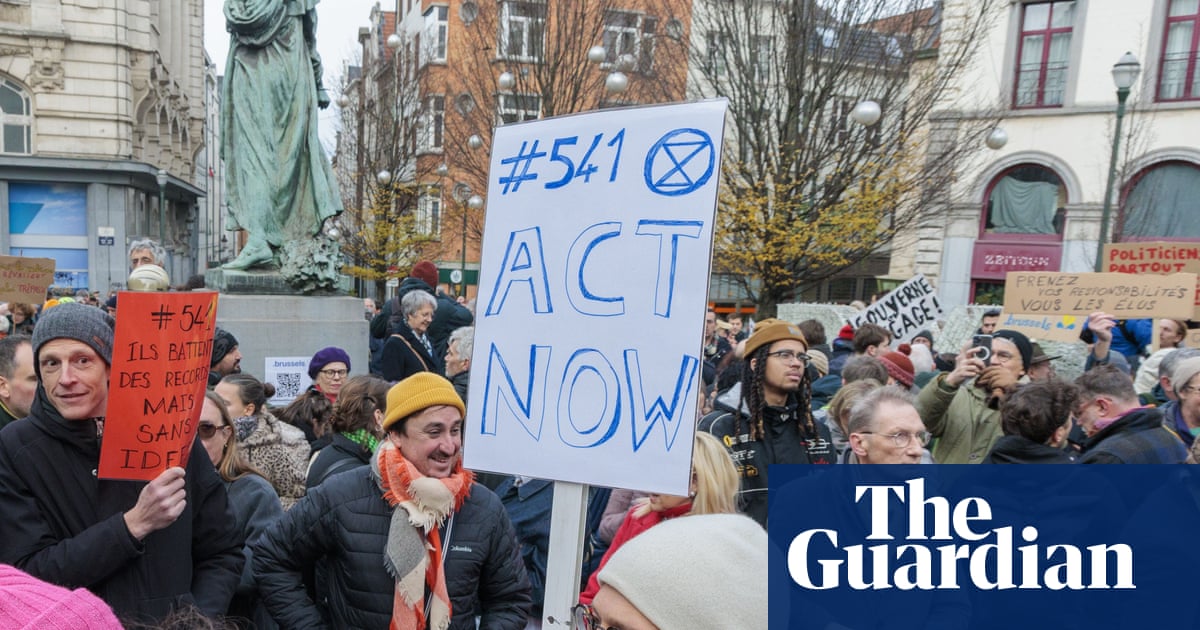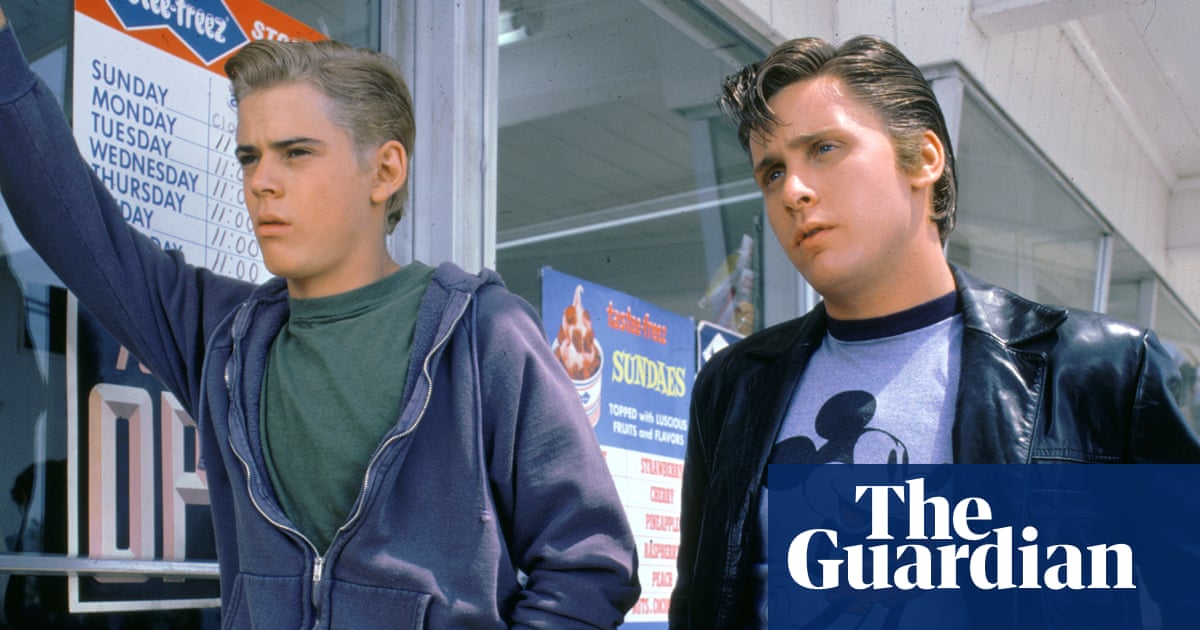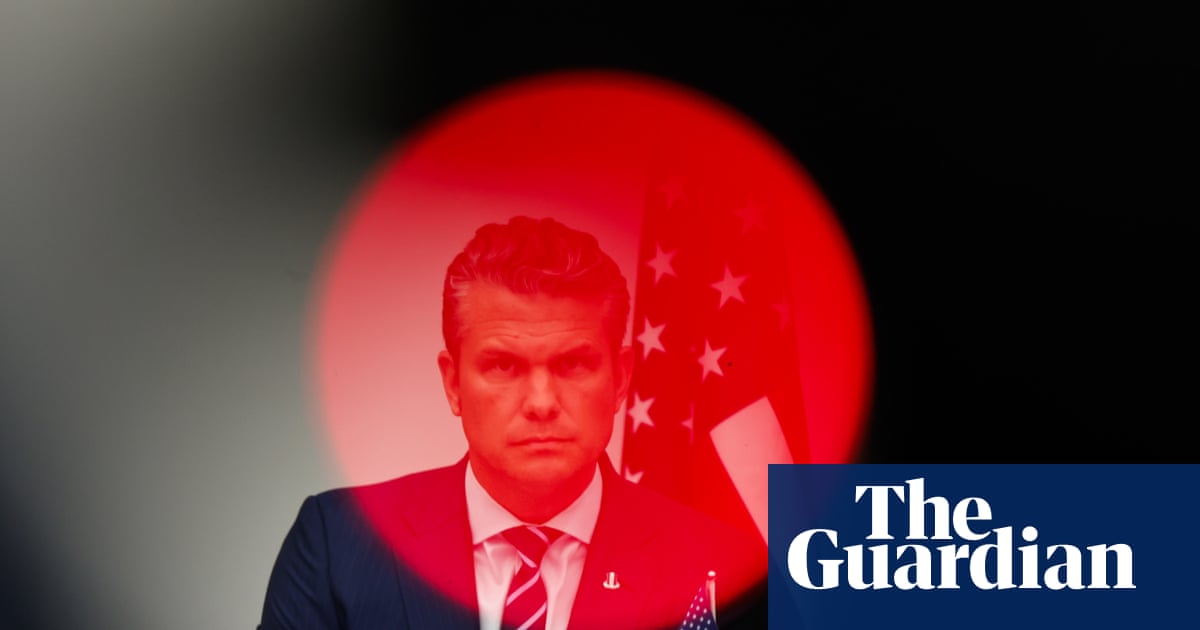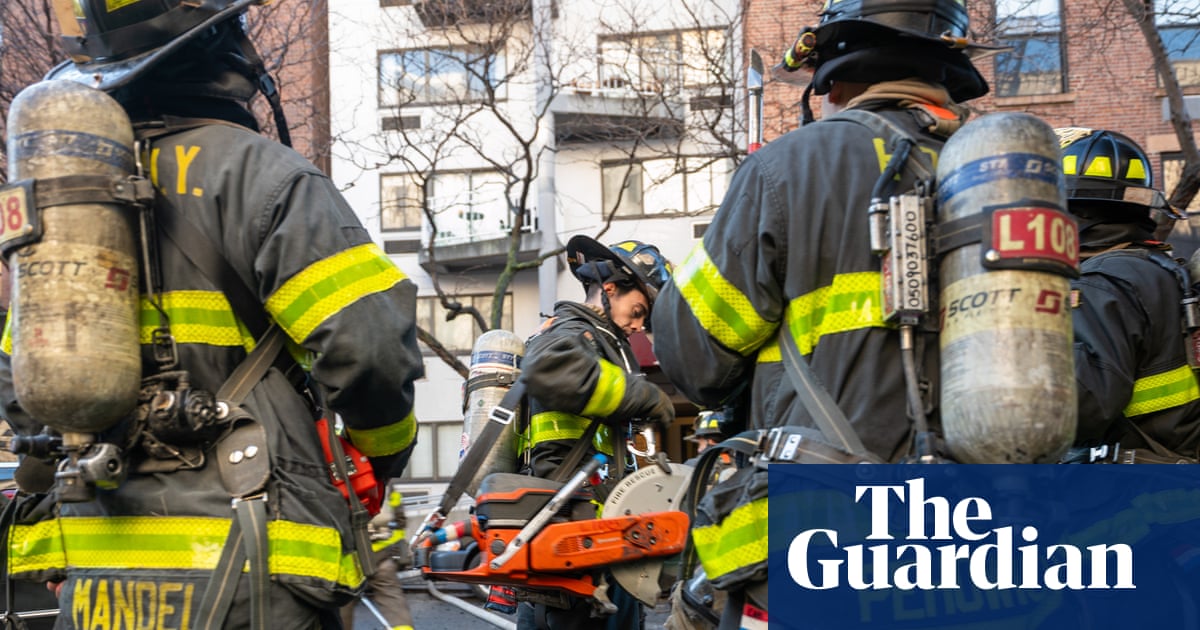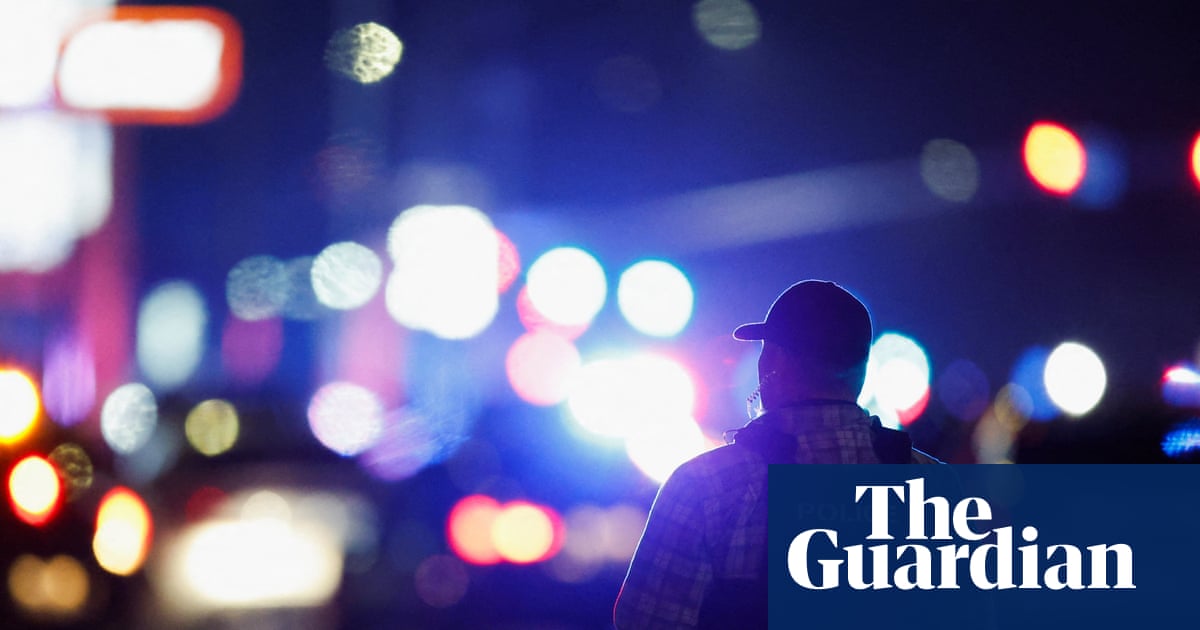Ask fans of Strictly Come Dancing to describe the show, and the same buzzwords come up. For Poppy, 25, a Strictly diehard who makes videos about the show on TikTok, those are “sparkly”, “camp”, “joyful”. “It’s escapism,” she says . Strictly recap blogger Ariadne, 30, echoes this – to her, it’s “feelgood television”. For more than two decades, the dance competition has presented itself as the nicest show on telly; a supportive, progressive environment on set, and a bright and soothing viewing experience at home.
But are Strictly fans buying it? While past controversies have largely slipped off the show like water off a duck’s back, the show’s pristine image has taken a beating in recent years. There was the major misconduct and bullying investigation in 2024 that led to two popular pros, Giovanni Pernice and Graziano di Prima, leaving the show. In the lead-up to this year’s series – and alongside the continued fallout from Wynne Evans’s 2024 appearance – further controversy has followed. Strictly has been hit by claims of drug use on set, and reports that a male star of the show was arrested on suspicion of rape.
“And then they go and put Thomas Skinner in,” says Siân, 33, who regularly posts about the show on Reddit. “The mind boggles.”
A self-proclaimed “non-political” former Apprentice contestant (who has nonetheless aligned himself with the right by wearing a Maga hat and posing for pictures with JD Vance), Skinner has majorly divided the dance competition’s fans. Poppy had been sharing her real-time reactions to the 2025 cast on TikTok. In the video where Skinner’s name was called, her nervous smile immediately dropped to an expression of deadpan horror. “Strictly, babe, this is a mistake,” she said. “This is not inclusive. Bad move.”
Calls for Skinner’s removal followed, along with counter-arguments to the tune of “so much for the tolerant left” from his supporters. The latter group, Poppy says, may be more concerning than Skinner himself. When she voiced her own disappointment at his casting on the official Strictly Instagram, she received “some horrible things back” from his fans. “These are the people you’re drawing into the show,” she argues. Judging by his stompy week one pasodoble, it seems unlikely that the former pillow salesman will make it through the competition on talent alone. Yet there are concerns that Skinner’s supporters will vote to keep him in – à la Farage on I’m A Celebrity – to support him and annoy the show’s more progressive viewers.
For fans, Skinner’s casting jars with Strictly’s public commitment to inclusivity and representation. There was barely a dry eye in the house when Chris McCausland, the show’s first blind contestant, lifted the glitterball trophy in 2024; the class of 2025 includes Ellie Goldstein, a model with Down’s syndrome, and RuPaul’s Drag Race star La Voix, the first drag performer to compete on the main series; and numerous same-sex partnerships having thrived in the format in the past.
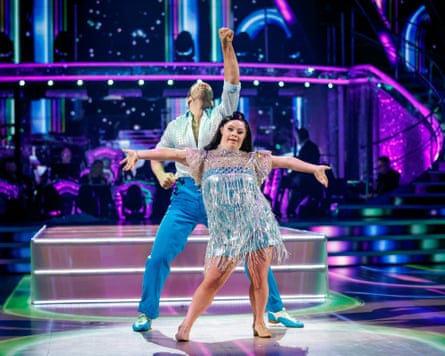
The tonal shift between their casting and Skinner’s, Ariadne says, “muddles” the show’s messaging: “[It] does feel like Strictly wants to have its cake and eat it with casting someone who will create controversial buzz around the show, but then say, ‘We’re uplifting people from minority backgrounds, the LGBTQ+ community, disabled folk.’” Viewers see Strictly as an escapist fantasy; for Siân, Skinner’s casting overshadows that. “This is the one programme I get to watch to escape all the negativity I see online, and now I have to sit and watch this guy,” she says. Some fans have declared that they’ll be skipping the show altogether in protest at Skinner’s involvement, although Poppy is more diplomatic: “It does mean there’s a place to have a loo break.”
Most fans I speak to express surprise that Strictly would risk casting such a polarising figure after the battering it took last year. The misconduct investigation hung in the air in 2024 and wrapped a few weeks into the live show, with six of the 17 complaints made against Pernice by Sherlock star Amanda Abbington upheld. More shocking to many were the revelations about fellow Italian dancer Di Prima that also emerged. Seemingly from nowhere, it was revealed that Di Prima had engaged in misconduct that same year, and had even kicked his partner, Zara McDermott, in rehearsals.
For the first time, fans were given a proper peek behind the velvet curtain (beyond the usual rehearsal footage and social media content), and realised that Strictly wasn’t always so sparkly. “It did feel like betrayal,” Ariadne recalls. “I was disappointed.” In Pernice, or in the show? “In the show,” she says; it was hard to know “how much of it was covered up and how much was actually known about”. Xav, 25, is another Reddit fan, and remembers his own upset at the revelations about Di Prima. “I just didn’t expect that,” Xav recalls. “I get the pros are athletes, and this is their passion, this is their life, but [I didn’t] expect them to go that far.”
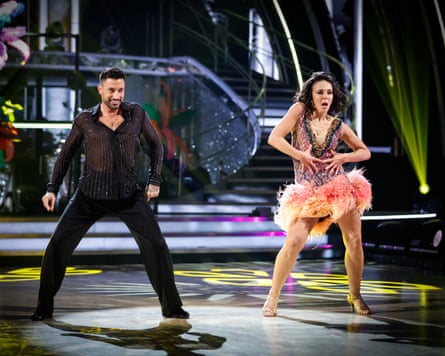
Xav speaks to a tension at the show’s core: Strictly’s desire to present as eternally optimistic, despite everyone knowing that hard work is required to turn non-dancers into semi-professionals. Contracts require the celebrity contestants to complete at least 12 hours of training a week, but for many, it’s closer to 12 hours a day. Like many fans, Siân – a former dancer herself – heard Abbington’s allegations and found herself caught between wanting to believe a woman who was speaking out, and hoping Pernice was simply a “harsh, critical teacher who wanted the best out of his pupil”. “I think two things can be true at the same time,” she reasons. The BBC investigation, which confirmed claims of verbal bullying and harassment but dismissed claims that Pernice was physically aggressive or made threats towards his partner, reached a similar verdict.
after newsletter promotion
While Ariadne was disappointed by the use of the excuse that a competitive show leads to a competitive attitude, she felt that the BBC’s speedy dismissal of Di Prima (Pernice left of his own accord) showed that it could make a “tough call”. The introduction of chaperones was a highly publicised positive measure, although fans such as Cal, 21, were surprised it hadn’t been done sooner, “given #MeToo and all that stuff. I feel like it shouldn’t have taken something that bad to happen for them to have people in the room,” he says.
Nobody wants to think that the star of their favourite show is having a horrible time – that’s a given. But there are a lot of fans for whom Strictly is Saturday night entertainment and nothing more. Even for more clued-in viewers, preserving the Saturday night show is seen as paramount. Addressing the scandals on air would feel strange, and could threaten the all-ages appeal that, for many, is one of Strictly’s greatest strengths. Siân’s Strictly-themed WhatsApp group allows her to speak to family members she otherwise wouldn’t have contact with; at a time when generational divides feel greater than ever, Strictly is one of very few shared points of connection I can talk about with my own grandmother.
Some fans’ love of the show has led them to greet the news of alleged drug use with ambivalence. “Obviously it’s not harmless in a wider context of drugs, but it’s comparatively not as harmful [as the bullying allegations] in my head, anyway,” Cal says. Many have taken the same stance as Xav: “There’s people in showbiz doing drugs? Who cares?”
After a scandal-stricken few years for Strictly, Poppy says that fans have mostly learned to take headlines “with a pinch of salt”. Nobody wants to downplay the severity of the more serious allegations, and few would argue that they haven’t hurt the show’s image. Still, scrutiny – from fans, from the press – may just be the trade-off for popularity, and Strictly remains very popular. “When you brand yourself as family friendly, you leave yourself open to people looking for ways in which the show, or what’s going on behind the scenes, isn’t,” Cal says. “People are always going to look – I think the family-friendly image makes people want to look harder.”

 2 months ago
49
2 months ago
49
